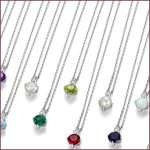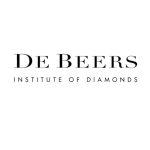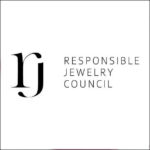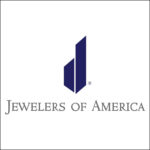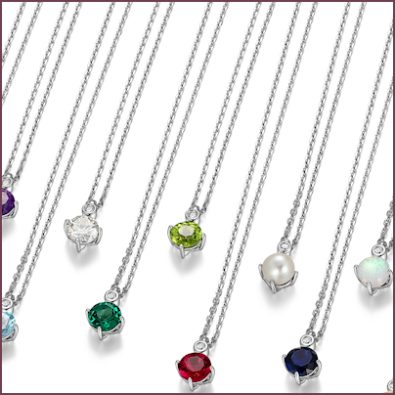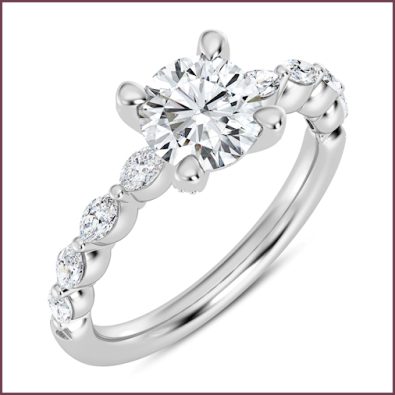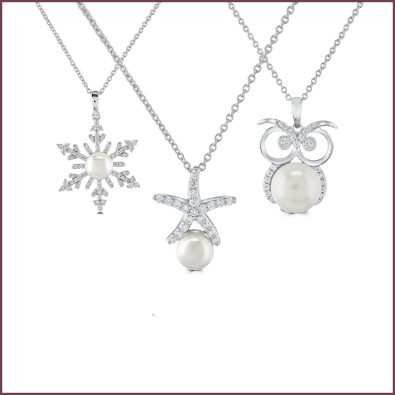Marketing to Millennials
Millennials are the generation born between 1979-2000, also known as Gen Y, but they hate being called that. Millennials are the largest generation (a third of the world population) and 33% larger than the Boomers (second largest). Millennials account for more than 70% of weddings today, with the oldest 37 and the youngest 15, they’ll be the majority wedding-consumer for quite some time.
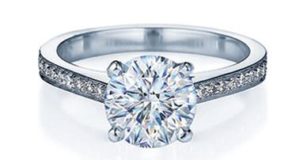 Millennials are not like the generations before them. “They’re the first generation to grow up in a digital age, so their brains are wired differently,” says Liene Stevens, author and wedding consultant for Think Splendid. “This new brain is why ‘that’s the way we’ve always done it’ no longer works. The answer is to evolve. The digital attachment is real. 53% of millennials would rather give up their sense of smell than their laptop or phone.” She hails research a way of life.
Millennials are not like the generations before them. “They’re the first generation to grow up in a digital age, so their brains are wired differently,” says Liene Stevens, author and wedding consultant for Think Splendid. “This new brain is why ‘that’s the way we’ve always done it’ no longer works. The answer is to evolve. The digital attachment is real. 53% of millennials would rather give up their sense of smell than their laptop or phone.” She hails research a way of life.
Two thirds of millennials had a working mom and consider women and men equals, so traditional wedding duties are now seen as sexist; 65% of grooms are actively involved in their wedding planning. “Using it’s all about the bride or clueless groom stereotypes in marketing is a turn off,” says Stevens.
Millennials prefer messages that reinforce family and community, cites Stevens. They value time over money. They define themselves by their ability to connect with others, not by what they own. They value authenticity, with little patience for insincerity. Millennial classrooms emphasis teamwork, so peer feedback is key. 40% of millennials grew up in single parent homes, so they’re waiting longer to wed. 65% live together before marrying. 80% believe they’ll only be married once. They’re the least religious generation, but consider themselves spiritual.
Customization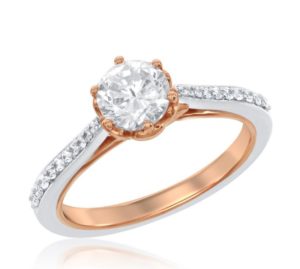
Among the biggest challenges for the jewelry market is answering the call to customize everything, says Grant Mobley, vice president of Simply Diamonds/JewelMark, New York, who notes that independent jewelers with custom services in house remain strong in this competitive environment.
“Customization is seen as a need, not a luxury,” says Stevens. “Millennials want to collaborate. They believe that creativity is the most important trait their generation should possess and they value handcrafted.”
Whether they completely designed the ring with a jeweler or made custom changes to an existing style, the Knot reveals in its 2015 Engagement & Jewelry Study that 45% are adding personal elements to the ring.
Mobley advises retailers offer some kind of customization, be it options in center stone and metal use, or the addition of side stones to a design. “You may not be able to customize everything, but you must present some opportunities.”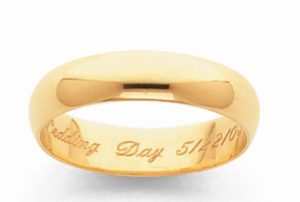
A big part of customization is personalization, reminds Cora-Lee Colaizzi, director of marketing and catalogs and senior merchandiser Quality Gold, Fairfield, Ohio. “Having an inscribed message and date placed inside the band keeps the sentiment close. Customization to commodity rings makes it special.”
Accessibility
To gain credibility with millennials, jewelers must have a multi-channel approach, says Jay Gerber for the diamond jewelry manufacturer, WR Cobb, East Providence, Rhode Island. “Retailers need vendor partners that they can leverage for technology, inventory and fulfillment to meet the quick response desire from the consumer.”
Gerber advocates providing an online experience that mimics the store. “Many customers want a non-intimidating online experience first to do research and customize. Having a Design Your Own platform is a must. Provide 3D images and diamond magnification, so customers can see styles and stones before going in store.” He advises online shopping be adaptable to all smart devices.
According to the Knot, 67% of brides begin researching rings before getting engaged using their mobile devices to browse styles (43%), share ideas with fiancé (35%), and research designers and retailers (29%). Men take an average five months to research, visiting about five retailers and looking at more than two-dozen rings before buying “the one.”
Stevens advises jewelers go beyond their own website and Facebook page to share news online. “Getting published on blogs gives millennials more places to look when researching.”
Sell Better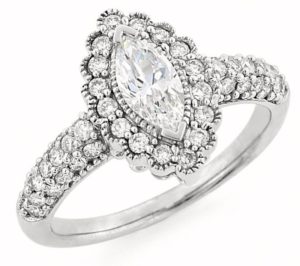
One of the biggest challenges for the wedding business is to sell better goods, says Laura Rubin, vice president merchandising/product development, K.P. Sanghvi, New York. “This is especially felt in the department store segment. The independents do a fine job of selling this category, as do specialty chain jewelers. But the volume in department stores has long suffered in the bridal category due to inadequate training and product knowledge of associates. If the bridal business is to overcome the ‘me too lowest price’ phenomena and begin to sell better assortment, training and associate competency must be elevated.”
Jeffrey Cohen, vice president of sales, KGS Jewels, New York, says of all the majors, mall jewelers give the best service, so their programs can be more personalized. Whereas a department store, wholesale club and retailer need brands/collections that offer a simpler concept that’s self-explanatory.
There is a trend to pursue greater customer service and retail experience, as evident by the diamond e-tailer Blue Nile opening two new brick and mortar concept stores in Seattle and New York. They don’t sell anything there; ordering is still done online. But the move speaks to the desire for brand connection, says Cohen, who notes retailers have to find the white space to standout.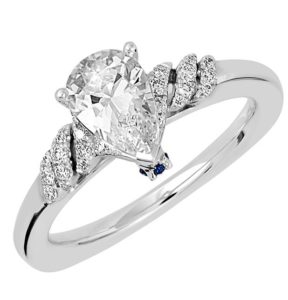
For some that white space is in non-traditional offerings. Appealing to millennials sense of sustainability, transparency and technology, Chatham Created Gems is finding new following in millennials. Chatham recently launched a collection of engagement rings with lab-created diamonds, rubies, emeralds, sapphires, and alexandrite. “We’re appealing to a new generation with a product that’s conflict-free, eco-friendly, and revolutionary in technology,” says Monica McDaniel, communications manager for the San Marcos, California brand. “70% of our web inquiries are looking for conflict-free diamonds.”
